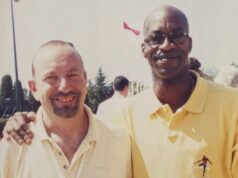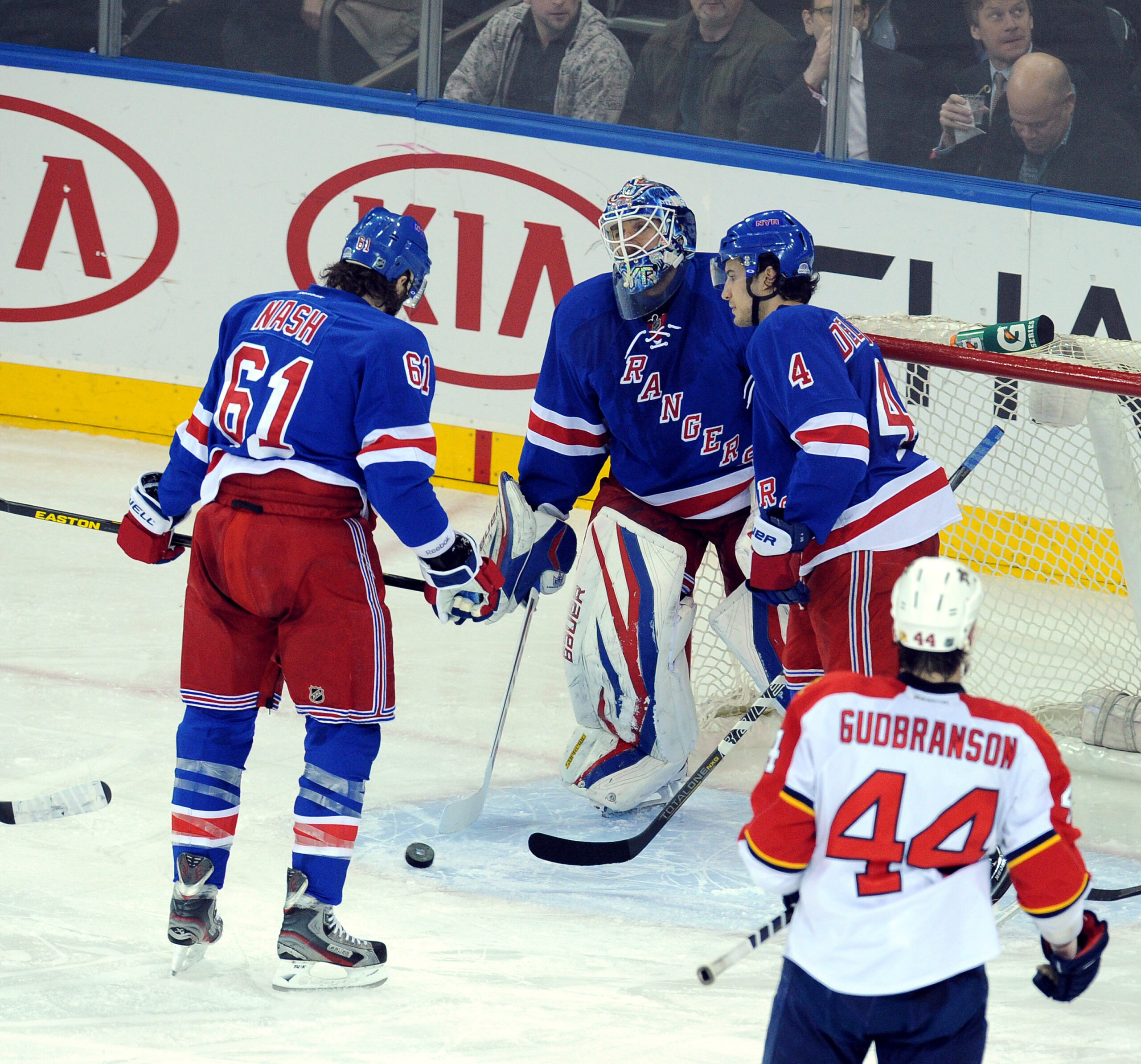TO: questions@psychedonline.org
FROM: Kev2448@budweiser.com
SUBJECT: Baseball Player’s Strike
DATE: 8/30/02, 13:22
Many of my friends have reacted quite strongly to the possibility of a strike in baseball. Some of them have gone so far as to stop watching since they don’t think that the two sides will be able to resolve their differences. Others, like myself, are hoping that they work out their differences. My question is, what effect does the threat of a strike have on fans? Why do people react so differently?
Kevin F.
TO: Kev2448@budweiser.com
FROM: questions@psychedonline.org
SUBJECT: Re: Baseball Player’s Strike
DATE: 8/30/02, 18:22
Response: Today’s resolution of the contract dispute in baseball ended the possibility of a strike. However, it appears that Major League Baseball has once again managed to alienate some fans. The reasons for the different reactions that you mentioned in your letter are very complex but can best be explained using the metaphor of an intimate relationship (which in a lot of ways is an appropriate description of the relationship between a fan and their team of choice). Think about relationships that you have had in the past that were having problems. When your partner told you that it might be a good idea to take a break, you could essentially react in one of two ways – agree and end it or disagree and make an effort to fix the problems.
Your friend’s reactions indicate that they do not think the relationship with baseball is worth the trouble. This is a defense mechanism – let me reject you before you reject me. Your reaction is more typical of the individual who wants things to work out. Although emotionally this is more draining, it tells me that you truly love the sport. For the sake of the game, I hope that most fans are like you. Only time will tell how much damage the players and owners have done by not being able to come to an agreement sooner.
Miguel Humara, Ph.D.













